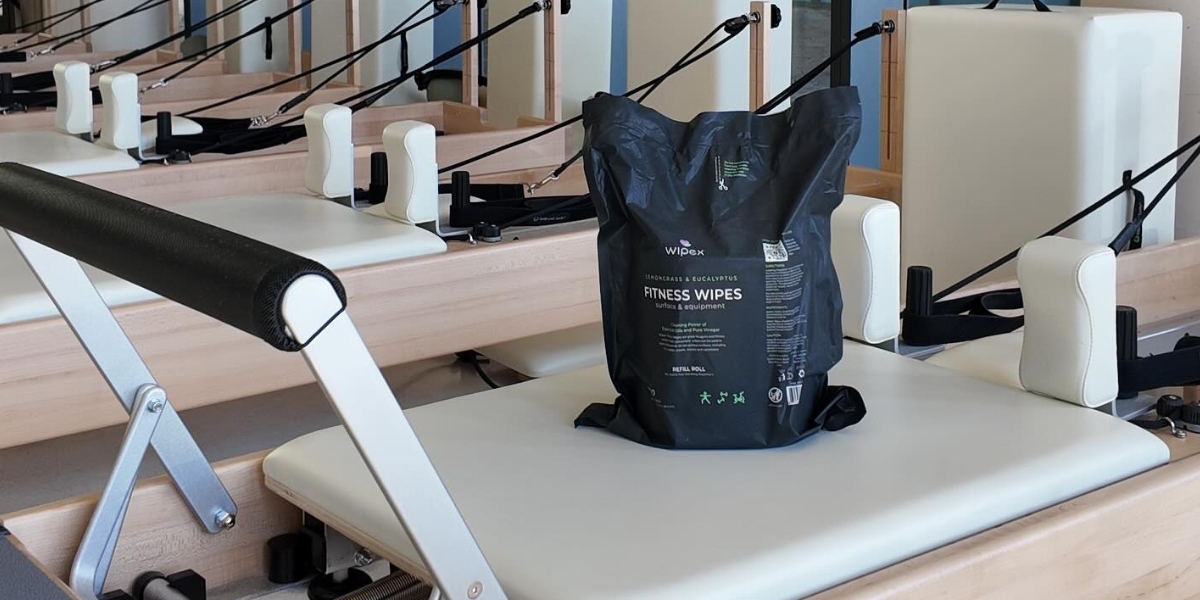Have you or someone you love been walking the tightrope of recovery from drug or alcohol addiction? The fear of falling back into old habits can be daunting, but with the proper steps, relapse prevention is within reach.
Imagine a life where the shadow of drug addiction no longer looms over your daily activities, where each day is not a struggle but an opportunity for growth and happiness. This is not only a distant dream but a real possibility with the proper guidance and support.
Start today by embracing the recovery journey with these steps to prevent a drug relapse. With determination and the right support, a fulfilling, sober life is not only possible- it’s within your grasp.
Understanding Drug Relapse
A drug relapse is more than a single event. It’s a process that can begin weeks or even months before the actual return to substance use. Recognizing the early warning signs and implementing relapse prevention strategies is crucial in maintaining sobriety.
Key Strategies for Relapse Prevention
Preventing a drug relapse is a proactive journey that involves developing strategies to maintain sobriety. Let’s explore the key strategies that can empower you to stay on the path of recovery.
Education About Addiction and Relapse
Understanding the nature of drug addiction and the common triggers for relapse can empower individuals to recognize and counteract these risks early. Knowledge is power and can be the difference between faltering and flourishing in recovery.
Develop a Strong Support Network
Surrounding yourself with people who support your recovery can make a significant difference. This includes family, friends, peers, and professionals like therapists or counselors. A strong support network is like a safety net, ready to catch you should you stumble.
Stay Engaged in Therapy or Support Groups
Regular participation in therapy sessions or support groups such as AA (Alcoholics Anonymous) or NA (Narcotics Anonymous) provides a platform for sharing experiences and coping strategies that can be vital in preventing relapse. These forums offer support and a sense of community and belonging.
Create a Healthy Routine
Establishing a daily routine that includes healthy eating, exercise, and adequate sleep can improve physical and mental health, reducing the urge to use substances. A structured lifestyle can bring balance and focus. This makes it easier to manage stress and avoid triggers.
Learn Stress Management Techniques
Since stress is a major trigger for relapse, learning how to manage stress through techniques like deep breathing exercises can help maintain sobriety. Equipping yourself with these tools can make you more resilient in life’s challenges.
Avoid High-Risk Situations
Identifying and avoiding situations or people that trigger cravings is very important. This avoidance includes places where drugs are readily available or social circles where substance use is common. Being mindful of your environment is crucial in safeguarding your recovery.
Utilize Sober Living Houses
A sober living house offers a supportive, drug-free environment for individuals in recovery. Living in such a place can provide the stability and peer support needed during the transition to a sober lifestyle. It’s a stepping stone to independence with the added benefit of a supportive community.
Have a Relapse Prevention Plan
Preparing a detailed plan that outlines strategies to deal with cravings, triggers, and high-risk situations can be a lifeline when faced with the temptation to use again. A well-thought-out plan makes sure you’re never caught off guard and always have a strategy to maintain sobriety.
The Role of Sober Living Houses
A sober living house plays a pivotal role in the recovery journey. It offers a structured, supportive environment that encourages residents to practice sobriety and develop healthy coping mechanisms.
These houses are more than just a place to stay; they are communities where individuals can rebuild their lives alongside others who understand the struggles of overcoming addiction. In these environments, residents learn to navigate the complexities of life without relying on substances. This strategy provides a crucial bridge between intensive treatment and complete independence.
Accountability to oneself and others within the house reinforces the commitment to sobriety. Also, shared experiences foster a sense of belonging and mutual support.
The rules and structure of sober living houses, such as curfews and mandatory participation in recovery meetings, further instill discipline and routine essential for long-term recovery.
Moreover, these houses often connect residents with resources and opportunities for employment, education, and volunteer work. These opportunities help them reintegrate into society as productive, sober individuals.
Overcoming Challenges in Recovery
Recovery is a journey with its ups and downs. Encountering challenges is a natural part of the process, but how you respond to these obstacles can determine your success in staying sober.
Embracing a positive mindset, seeking support when needed, and remembering the reasons for choosing sobriety are key elements in overcoming these hurdles. Facing temptations and dealing with the stressors of daily life without reverting to substance use requires a strong set of coping strategies and resilience.
Celebrating the small victories along the way is important. Each day sober is worth recognizing.
Learning from setbacks, rather than viewing them as failures, can provide valuable insights and strengthen your resolve.
Additionally, maintaining open communication with your support network allows sharing your struggles and successes. This creates a supportive dialogue that can uplift and motivate.
Remember, the journey of recovery is as much about personal growth and self-discovery as it is about abstaining from substances.
Taking the Next Step to Prevent Drug Relapse
Remember, recovery is a personal journey that requires dedication, resilience, and support.
By implementing the strategies discussed and considering the supportive environment of a sober living house, you can build a solid foundation for a sober, fulfilling life.
Reach out for support, engage with your recovery community, and never hesitate to seek professional help. The journey towards a life free from the chains of drug relapse starts with a single step. Let’s make that step count.
Published by: Martin De Juan






